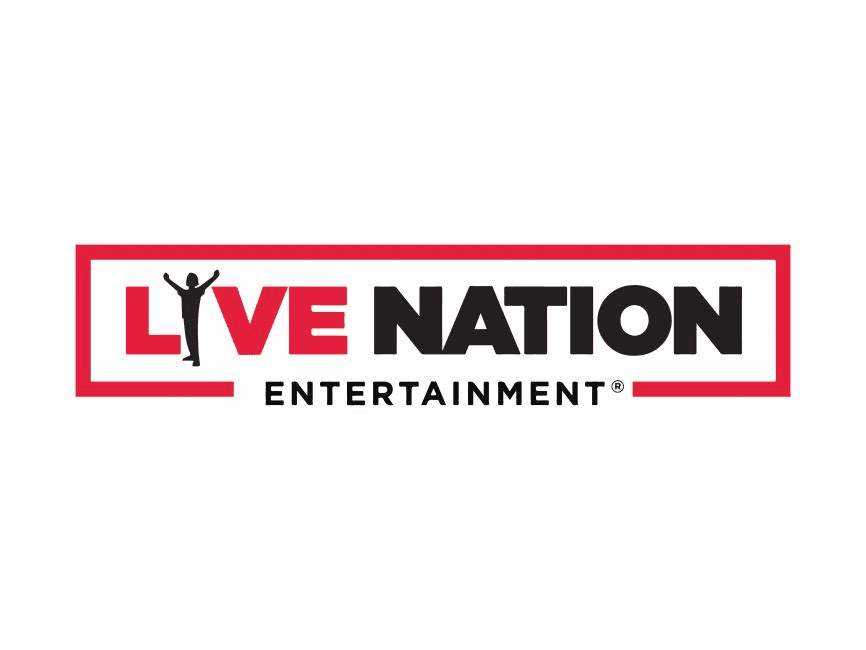


Unpaid Royalties from UK Concerts Cost Songwriters Millions
Royalties from more than 100,000 UK gigs have gone unpaid
A new report by _The Guardian_ suggests songwriters are missing out on millions of pounds in royalties every year, stretching across more than 100,000 gigs and performances across the UK.
The background:
UK organization PRS for Music collects and pays royalties when its members’ music is played in public, broadcast, downloaded, streamed or performed live in the UK or around the world.
In a live context, PRS takes a small percentage cut of gross ticket sales from every performance, then distributes the royalties to the relative songwriters after matching them with the setlists.
As per The Guardian, royalties from more than 100,000 gigs across the UK have been collected by the agency but have not been paid to songwriters as PRS “cannot identify when [the artists’] songs have been performed.”
The unpaid monies then sit in PRS’s “black box.”
Though PRS does not reveal how much income is in the black box, The Guardian claims to have seen documents showing that in 2019 alone it amounted to £2.7 million.
PRS redistributes unclaimed black box money to the market after three years, using its own formula to determine the distributions.
Legal issues:
The agency is currently facing legal action regarding that distribution of black box funds.
In April 2024 Blur drummer Dave Rowntree led a class action against PRS claiming it misallocated “hundreds of millions of pounds in royalties” from its black box income.
PRS dismissed the claims as “factually incorrect.”
The competition appeal tribunal is currently determining whether Rowntree’s case will be certified as a class action.
A separate suit launched last June by Pace Rights Management also pertains to how PRS distributes its black box money.
The case is proceeding at the High Court, with an alternative dispute resolution meeting scheduled for 25 September.
From PRS:
PRS claims to have paid out a record £1.02 billion ($1.39bn) to rights holders in 2024, up 8% on 2023.
In a statement to The Guardian, PRS said it “dedicated significant resources to match live performances to works, and ensure songwriters and composers receive the royalties they are due.”
Those efforts include piloting a tool that turns photos of handwritten setlists into readable text. It also sends staff to events to collect setlists, even though venues and promoters are obliged to provide the agency with setlists from each show.
A new report by _The Guardian_ suggests songwriters are missing out on millions of pounds in royalties every year, stretching across more than 100,000 gigs and performances across the UK.
The background:
UK organization PRS for Music collects and pays royalties when its members’ music is played in public, broadcast, downloaded, streamed or performed live in the UK or around the world.
In a live context, PRS takes a small percentage cut of gross ticket sales from every performance, then distributes the royalties to the relative songwriters after matching them with the setlists.
As per The Guardian, royalties from more than 100,000 gigs across the UK have been collected by the agency but have not been paid to songwriters as PRS “cannot identify when [the artists’] songs have been performed.”
The unpaid monies then sit in PRS’s “black box.”
Though PRS does not reveal how much income is in the black box, The Guardian claims to have seen documents showing that in 2019 alone it amounted to £2.7 million.
PRS redistributes unclaimed black box money to the market after three years, using its own formula to determine the distributions.
Legal issues:
The agency is currently facing legal action regarding that distribution of black box funds.
In April 2024 Blur drummer Dave Rowntree led a class action against PRS claiming it misallocated “hundreds of millions of pounds in royalties” from its black box income.
PRS dismissed the claims as “factually incorrect.”
The competition appeal tribunal is currently determining whether Rowntree’s case will be certified as a class action.
A separate suit launched last June by Pace Rights Management also pertains to how PRS distributes its black box money.
The case is proceeding at the High Court, with an alternative dispute resolution meeting scheduled for 25 September.
From PRS:
PRS claims to have paid out a record £1.02 billion ($1.39bn) to rights holders in 2024, up 8% on 2023.
In a statement to The Guardian, PRS said it “dedicated significant resources to match live performances to works, and ensure songwriters and composers receive the royalties they are due.”
Those efforts include piloting a tool that turns photos of handwritten setlists into readable text. It also sends staff to events to collect setlists, even though venues and promoters are obliged to provide the agency with setlists from each show.
A new report by _The Guardian_ suggests songwriters are missing out on millions of pounds in royalties every year, stretching across more than 100,000 gigs and performances across the UK.
The background:
UK organization PRS for Music collects and pays royalties when its members’ music is played in public, broadcast, downloaded, streamed or performed live in the UK or around the world.
In a live context, PRS takes a small percentage cut of gross ticket sales from every performance, then distributes the royalties to the relative songwriters after matching them with the setlists.
As per The Guardian, royalties from more than 100,000 gigs across the UK have been collected by the agency but have not been paid to songwriters as PRS “cannot identify when [the artists’] songs have been performed.”
The unpaid monies then sit in PRS’s “black box.”
Though PRS does not reveal how much income is in the black box, The Guardian claims to have seen documents showing that in 2019 alone it amounted to £2.7 million.
PRS redistributes unclaimed black box money to the market after three years, using its own formula to determine the distributions.
Legal issues:
The agency is currently facing legal action regarding that distribution of black box funds.
In April 2024 Blur drummer Dave Rowntree led a class action against PRS claiming it misallocated “hundreds of millions of pounds in royalties” from its black box income.
PRS dismissed the claims as “factually incorrect.”
The competition appeal tribunal is currently determining whether Rowntree’s case will be certified as a class action.
A separate suit launched last June by Pace Rights Management also pertains to how PRS distributes its black box money.
The case is proceeding at the High Court, with an alternative dispute resolution meeting scheduled for 25 September.
From PRS:
PRS claims to have paid out a record £1.02 billion ($1.39bn) to rights holders in 2024, up 8% on 2023.
In a statement to The Guardian, PRS said it “dedicated significant resources to match live performances to works, and ensure songwriters and composers receive the royalties they are due.”
Those efforts include piloting a tool that turns photos of handwritten setlists into readable text. It also sends staff to events to collect setlists, even though venues and promoters are obliged to provide the agency with setlists from each show.
PRS for Music
Dave Rowntree
Blur
Pace Rights Management
The Guardian
High Court
Competition Appeal Tribunal
Artist Rights And Royalty Disputes
Industry Litigation
Legal Battles Over Royalties
PRO Licensing Scrutiny
Collection Society Modernization
Songwriter Collective Action
Live Performance Royalty Matching
Royalty Disputes
Litigation
Public Performance Royalties
Songwriter Advocacy
PRO Payouts
Royalty Payouts
Black Box Funds
United Kingdom
London, GB
👋 Disclosures & Transparency Block
- This story was written with information sourced from The Guardian.
- We covered it because of its relevance to songwriters and music rights royalties.
📨 Subscribe to NIF
Get news dropped in your inbox 👇
📨 Subscribe to NIF
Get news dropped in your inbox 👇
Related Articles

Business & Finance
Feb 20, 2026
1 min read
Live Nation Posts Record 2025 Revenue of $25.2BN
Forecasts another year of significant growth in 2026

Business & Finance
Feb 17, 2026
1 min read
Independent Franchise Partners Takes $1.2BN+ Stake in UMG
The UK-based investor now owns 3% of the music company

Business & Finance
Feb 17, 2026
1 min read
Blaze James Launches Arduous Records with Virgin Music
Inaugural signings are Failure and Heave Blood & Die

Live Nation Posts Record 2025 Revenue of $25.2BN
Forecasts another year of significant growth in 2026

Rod Yates
Business
Feb 20, 2026

Independent Franchise Partners Takes $1.2BN+ Stake in UMG
The UK-based investor now owns 3% of the music company

Rod Yates
Business
Feb 17, 2026

Blaze James Launches Arduous Records with Virgin Music
Inaugural signings are Failure and Heave Blood & Die

Rod Yates
Business
Feb 17, 2026

Casey Wasserman to Sell Agency Amid Epstein Backlash
The announcement follows intense scrutiny over his appearance in the Epstein files

Rod Yates
Business
Feb 16, 2026

Warner Music to Sell Merch Business EMP
It acquired the specialist rock and metal e-tailer in 2018

Rod Yates
Business
Feb 13, 2026

Sound Royalties Celebrates Record 2025 with $135M in Funded Agreements
The company has expanded beyond music into YouTube and TV production financing

Rod Yates
Business
Feb 13, 2026




